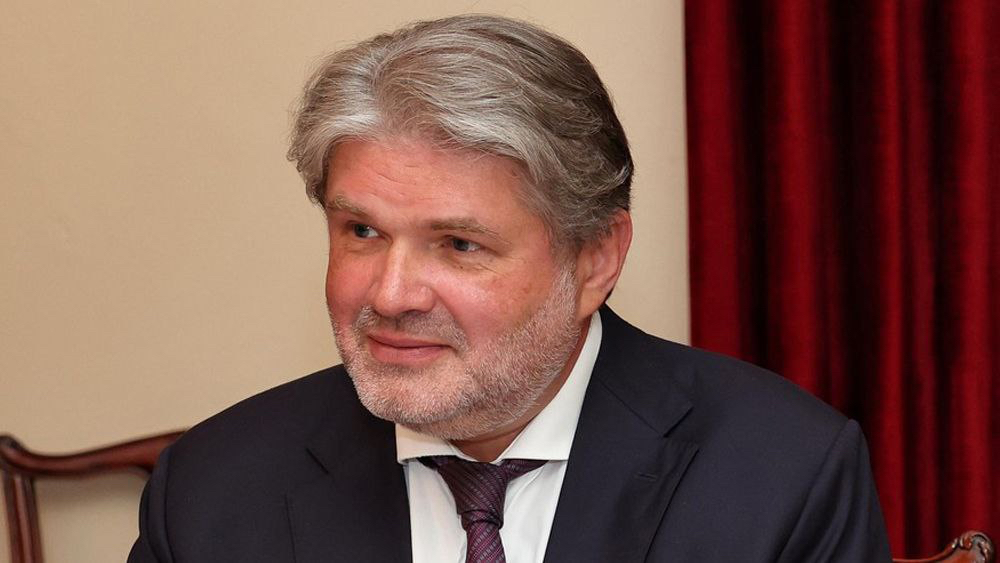All eyes on South Africa ahead of G20 Summit- By Ambassador of Russia to South Africa, Roman Ambarov

Less than 30 days remain until the G20 Summit, scheduled for November 22–23 in Johannesburg. Under South Africa’s presidency, significant progress has been achieved, and the working pace remains high: out of more than 130 planned official events, over 100 have already taken place.
The Russian side is actively participating in the extensive calendar of expert and ministerial meetings. Representatives of a broad range of Russian ministries and agencies are consistently strengthening the international agenda and promoting a balanced and fair approach to all nations.
It is well known that the Republic of South Africa is the first African country to chair the G20, and its presidency coincides with an important year for the continent: 65 years ago, at the initiative of the then Soviet Union, the United Nations adopted the Declaration on the Granting of Independence to Colonial Countries and Peoples. Over the decades, the African continent has achieved widely recognized progress in many spheres. The growing influence of Africa is also reflected in the fact that the African Union has become a full-fledged member of the G20 – to a large extent thanks to the support of the Russian Federation.
Russia fully supports South Africa’s priorities of Solidarity, Equality, and Sustainable Development, and shares its approaches to all key issues on the agenda aimed at ensuring equal and fair participation of the countries of the Global Majority, including African states, in the system of global governance. Our country emphasizes the importance of securing equal access for developing nations to financial resources, strategic raw materials, affordable energy, and advanced technologies.
As Russian Foreign Minister Sergey Lavrov rightly noted on the sidelines of the 80th session of the UN General Assembly, the composition of the G20 reflects today’s geopolitical realities: it includes both the dynamically developing new centres of growth and influence, including the BRICS countries, the G7 nations, as well as other important members of the international community.
At the same time, Russia consistently advocates for preserving the G20 as a platform for economic cooperation. We are convinced that the prerogative for multilateral work on political and security issues must remain with the United Nations.
We hope that the upcoming Summit will proceed in a constructive spirit and will fully embody the unifying motto of South Africa’s presidency – Ubuntu – “I am because we are.”


